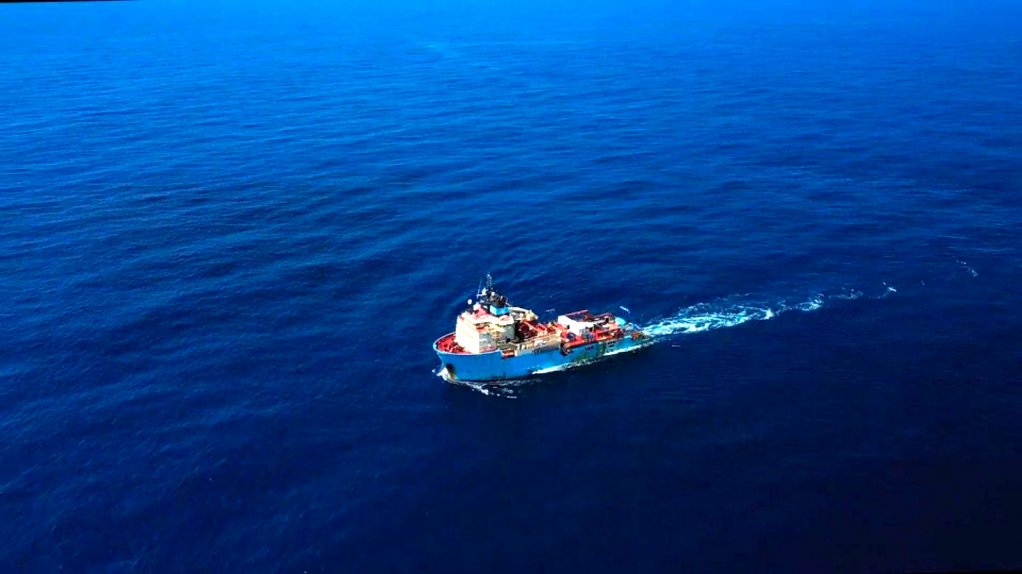
Norway’s Green Minerals says it will be able to exploit the cobalt and copper needed by electric vehicles without inflicting damages on people and the environment. Most current production comes from loosely-regulated mines in Democratic Republic of Congo. Green Minerals joins a growing list of companies that want to clean up supply chains by mining the deep sea.
“There isn’t as much conversation in the green community about what comes before the final product, the resources required for batteries, panels and windmills,” Green Minerals chairperson Staale Rodahl said in an interview. The company is among Europe’s 10 best initial public offerings this year after more than doubling its value following Tuesday’s listing on the Euronext Growth market in Oslo.
Investor interest in deep sea minerals is rising ahead of an mining code of conduct that’s expected to be concluded this year by the International Seabed Authority, which has already entered into more than two dozen exploration contracts around the world. The Sustainable Opportunities Acquisition, a blank-check company, generated about $570 million cash to pursue seabed mining by teaming up with DeepGreen Metals.
After raising funds in a private placement last year, Green Minerals is currently valued at about $38-million. Seabird Exploration, the seismic-data collector that spun off the company, remains the company’s biggest shareholder.
The key to unlocking the deep sea industry will be to ensure that seabed activities result in significantly lower environmental impacts than land-based mining, according to Rodahl, who added that Green Minerals is taking part in research voyages over the next two years.
“We expect to see the strictest environmental standards in the world,” the executive said.


